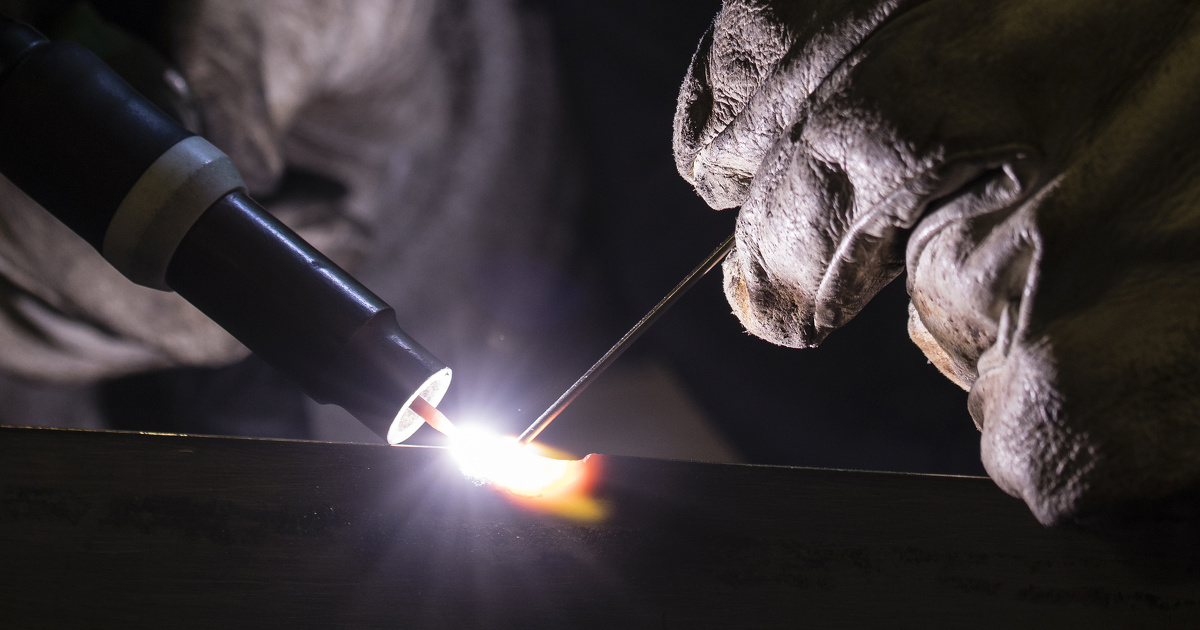 France's Autorité de Sûreté Nucléaire (ASN – Nuclear Safety Authority), has accepted EDF's revised timetable for rectifying stress corrosion issues at its French NPPs. According to the new schedule, 90% of repaired welds identified as a priority by EDF because of their repair conditions will be checked before the end of 2023, and all of them will be checked by the first quarter of 2024.
France's Autorité de Sûreté Nucléaire (ASN – Nuclear Safety Authority), has accepted EDF's revised timetable for rectifying stress corrosion issues at its French NPPs. According to the new schedule, 90% of repaired welds identified as a priority by EDF because of their repair conditions will be checked before the end of 2023, and all of them will be checked by the first quarter of 2024.
In December 2022, EDF submitted to ASN an inspection and repair strategy for all of its reactors with regard to the risk of stress corrosion cracking (SCC), for the years 2023-2025. EDF amended this strategy in early March 2023 to take into account the discovery of cracks on welds that had been repaired when the reactors were built. The discovery of a defect 23mm deep on a repaired weld in the reactor at unit 1 of the Penly NPP showed that these welds presented an increased risk of the SCC phenomenon, ASN noted.
In mid-March 2023, ASN took note of this amended strategy, which includes tighter checks on repaired welds, while requesting that the technical dialogue continue, in order to ensure the relevance of the timetable envisaged for the checks on priority welds. Following these exchanges, ASN said it considered this timetable to be “appropriate”.
The schedule provides, in particular, for an acceleration of the inspections of the welds of the safety injection systems (RIS) and residual heat removal systems (RRA) that were subject to repair when the reactors were constructed. The technical exchanges between ASN and EDF focused especially on the reactors which, on two different auxiliary lines, had welds whose inspection was considered a priority. These are reactor 1 at the Nogent-sur-Seine NPP and reactor 2 at the Cruas NPP.
These exchanges led EDF to specify the defects which could be observed on these welds and to analyse the consequences of simultaneous ruptures of two auxiliary lines on the safety of the reactors. EDF also implemented additional operating measures to prevent operating situations that would lead to significant stress on these welds, as well as to quickly detect any leaks.
In December 2021, maintenance checks on the primary circuit of Civaux NPP unit 1 revealed corrosion near the welds on pipes of the safety injection system. Checks were then carried out on the same equipment at unit 2, revealing similar defects. EDF decided to replace the affected parts, requiring an extended shutdown of the plant EDF also took its two other N4 (new series 1450 MWe) units at Chooz B NPP offline to carry out similar checks.
In mid-January 2022, EDF announced that similar faults on the safety injection system pipe welds to those discovered at Civaux 1 had been found at Civaux 2 and Chooz B2. In addition, the ten-year in-service inspection at Penly 1 – one of 12 older P4 (1300 MWe) units – also revealed stress corrosion. This discovery led to the need to carry out checks across much of the French fleet.
EDF’s inspection and repair strategy submitted to ASN in December 2022 and amended in March 2023 has now been approved. ASN noted that EDF has "also implemented additional operating measures to prevent operating situations that would lead to significant stress on these welds, as well as to quickly detect any leaks". EDF acknowledged that its revised timetable had been accepted by ASN and noted: “To date, the estimate of nuclear output in France for 2023 remains in the range 300-330 TWh.
Image: Adobe Stock / lapis2380



